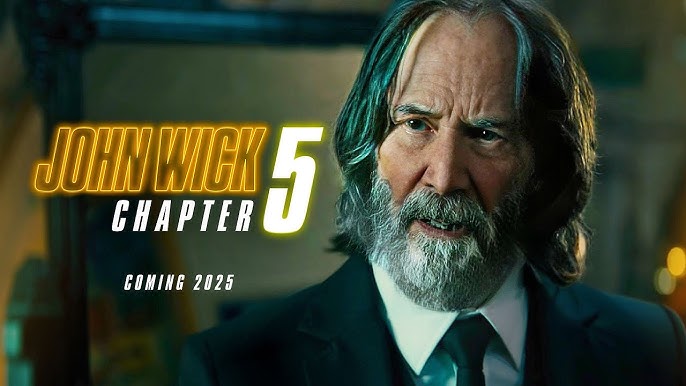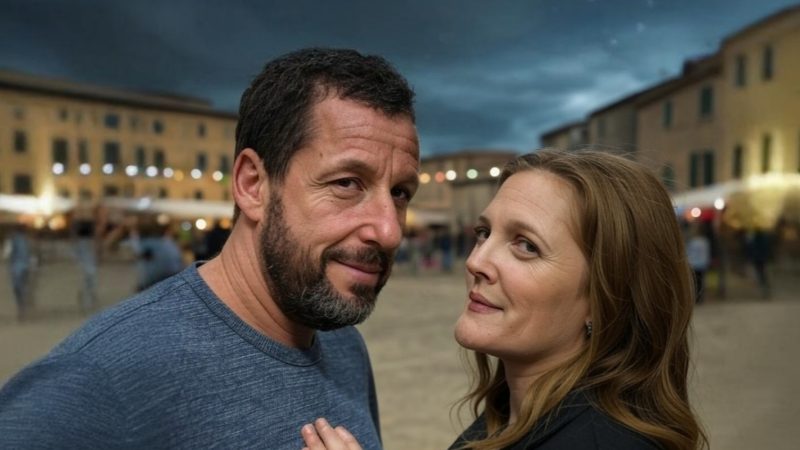Schindler’s List (1993): A Testament to Humanity Amidst Horror
Schindler’s List (1993): A Heart-Wrenching Tale of Courage and Survival
Steven Spielberg’s Schindler’s List (1993) is more than just a historical drama—it is a powerful, poignant portrayal of the Holocaust, exploring the enigmatic life of Oskar Schindler, a flawed businessman who ultimately saved over a thousand Jewish lives during World War II. The film stands out for its unflinching depiction of the horrors of the Nazi regime and the inexplicable transformation of Schindler from a profiteer to a savior.
Oskar Schindler, portrayed by Liam Neeson, is initially introduced as a self-serving opportunist driven by greed and a desire for wealth. He moves to Nazi-occupied Poland at the outbreak of the war and sets up a factory employing Jews, lured by their lower wages. Schindler is a man of contradictions—flawed in many ways, including as a drinker, gambler, and womanizer—but his journey through the war reveals a deeper, unexpected change.
The film doesn’t attempt to explain why Schindler changed, nor does it seek to unravel the complexities of his character. Spielberg wisely refrains from offering simple answers. Schindler’s transformation from a man looking to profit from the suffering of others to one who risks everything to save them remains a mystery, adding to the film’s raw emotional depth.
The movie’s brilliance lies in its restraint. Spielberg’s direction, along with Steven Zaillian’s screenplay, avoids melodrama, instead focusing on a series of real events, letting the raw emotions and humanity of the story shine through. The scenes unfold with a devastating clarity that pulls the viewer into the unbearable reality of the Holocaust. One of the film’s most harrowing aspects is the portrayal of the Nazi commandant, Amon Goeth, played by Ralph Fiennes. Goeth embodies the madness and cruelty of the Nazi regime, exhibiting the cold indifference to human life that defined the system. His complex character highlights the inhumanity of the Holocaust, and his brutal actions stand in stark contrast to Schindler’s increasingly selfless acts.
Filmed in black and white, Schindler’s List uses stark visuals to capture the grim atmosphere of the time, with many scenes shot on location at the actual sites of the events. This decision adds to the film’s authenticity and impact, grounding the narrative in the real-life locations where such unimaginable horrors took place. Spielberg’s meticulous attention to detail, such as the inclusion of Schindler’s original factory and the gates of Auschwitz, ensures that the film does not shy away from the true scope of the tragedy.
One of the most memorable sequences in the film involves Schindler walking into Auschwitz to convince the Nazis to release a group of his workers mistakenly sent to the death camp. The sequence is tense, emotionally charged, and highlights Schindler’s bold and reckless actions as he risks his life to save those who are under the threat of extermination.
At the heart of the film is the complex relationship between Schindler and Itzhak Stern, played by Ben Kingsley. Stern, a Jewish accountant, helps Schindler manage the factory and, over time, becomes a trusted confidant. Their relationship develops quietly but profoundly, as Schindler transitions from a man seeking profit to one desperately trying to save as many lives as he can. Spielberg handles this dynamic with remarkable subtlety, allowing the characters to communicate their evolving bond through small gestures and moments of quiet understanding.
The emotional climax of the film is overwhelming, particularly when we see the real people who were saved by Schindler. As we learn, those saved by Schindler, known as “Schindler’s Jews,” and their descendants number about 6,000 today. This fact is a stark reminder of the tremendous impact one individual can have, even in the face of overwhelming evil. Yet, Spielberg resists reducing the story to a simple moral lesson. Instead, the film poses a profound question: why did Schindler, a man with no apparent moral compass at the outset, act as he did? It suggests that sometimes, it takes someone without a clear plan or rational thinking to accomplish what seems impossible.
Ultimately, Schindler’s List is not just about one man’s journey, but about the resilience of the human spirit and the capacity for goodness in the face of unthinkable evil. Spielberg’s careful direction and the extraordinary performances by the cast create a film that is as much a memorial as it is a testament to human compassion. It is a film that doesn’t preach, but rather shows, letting the story of Schindler’s actions speak for themselves.
Hits: 60









